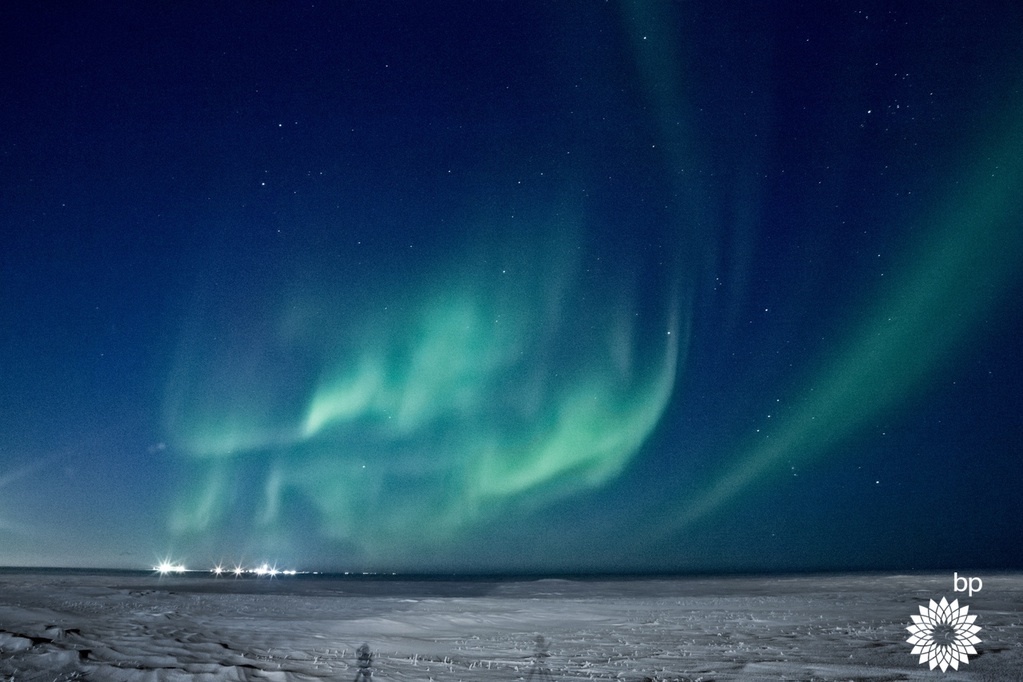
Senate Republicans set the stage for using the budget to end the 37-year ban on oil and gas drilling in Alaska’s pristine Arctic National Wildlife Refuge.
A provision in the budget resolution, released Friday, tells the Senate Energy and Natural Resources Committee to come up with $1 billion in savings over 10 years. That mandate is the first legislative step necessary for Congress to approve drilling in the preserve, known as ANWR, without the threat of a Democratic filibuster.
“You know me, I’m always trying to advance ANWR,” Alaska Republican Senator Lisa Murkowski, the chairman of that committee, said on Sept. 26. Murkowski and fellow Alaska Republican Senator Dan Sullivan have previously backed legislation that would allow oil and gas development on as much as 2,000 acres (809 hectares) of the refuge, and pressed to get this provision included in the budget.
Fossil fuel development in the 19-million-acre wilderness area has been prohibited since 1980.
Once the budget is adopted by both the House and the Senate, a bill conforming to the instruction can be brought up in the Senate and could pass with 50 votes plus Vice President Mike Pence’s tie-breaker, rather than the usual 60 votes need to end debate.
Royalties to Flow
Republicans plan to use the budget resolution to allow fast-track consideration of a tax overhaul plan. Royalties from oil and gas production in the wildlife reserve would be a revenue-raiser that could help offset some of the tax cuts Republicans are proposing. President Donald Trump earlier this year proposed raising $1.8 billion over the next decade by opening up parts of the refuge for oil and gas development, a change that would require congressional action.
Read More: Arctic-Drilling Fever Roars Back as Republicans Target Preserve
Energy production in the wildlife refuge, which is estimated to contain as much as 12 billion barrels of oil, has been debated for more than 50 years, with major oil companies such as ConocoPhillips, Alaska’s biggest oil producer, interested in exploring for oil in the area. Environmentalists, meanwhile, have argued for making the refuge’s coastal plain permanently off -limit to drilling, noting the area’s fragile ecosystem is home to polar bears, caribou, musk oxen and more than 200 species of migratory birds.
“It would be a sin against the environment,” Senator Ed Markey, a Massachusetts Democrat, said in an interview. “We should not be doing that for the oil industry. We don’t need to set up a gas station on top of the ANWR.”
Fuel Prices
Proponents of opening up the area to energy development argue it’s needed to help keep domestic fuel prices low and generate government revenue, including funds for Alaska, which has seen its economy and state government coffers hit hard by a decline in oil prices.
In addition to Democrats, Republicans Senators such as Susan Collins of Maine and John McCain of Arizona have in the past voted against efforts to open the refuge to drilling. Asked how she might vote this time around, Collins said she was open to reconsidering.
“I am told that there is a new kind of horizontal drilling that is far safer, but I don’t know enough about it to have looked into yet,” Collins said in an interview. Still, she added, “I voted against it consistently in the past.”
Recommended for you
